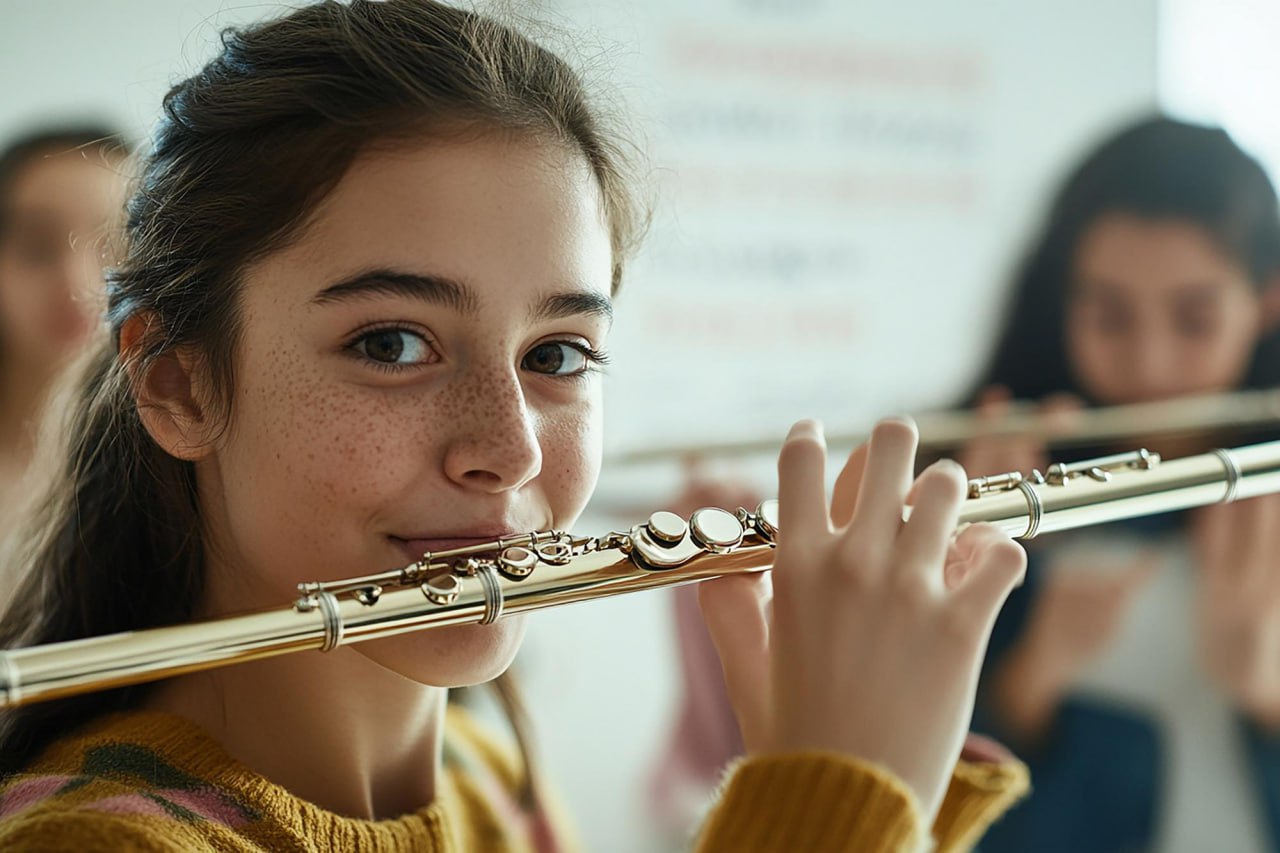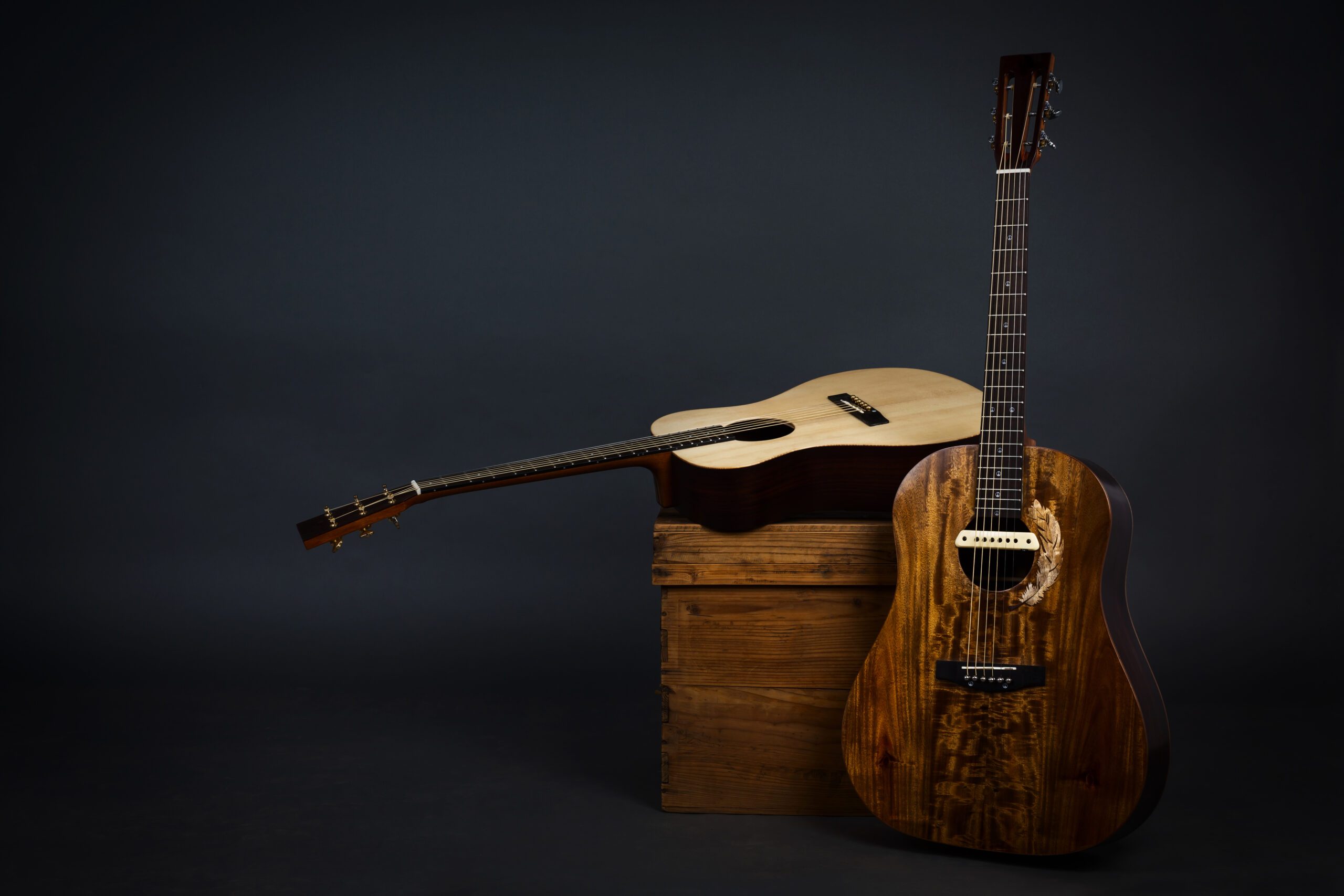
The piano is one of the most expressive and versatile instruments in the world. Known for its rich tones and broad range, it serves as the foundation of musical education and creativity. From classical masterpieces to modern pop and jazz, the piano adapts effortlessly, making it perfect for beginners and advanced musicians alike.

The violin is a graceful and soulful instrument known for its emotional depth and expressive power. Often called the “queen of instruments,” the violin has been at the heart of music for centuries—from classical symphonies to modern movie scores and even folk and pop music.

The flute is a delicate yet powerful woodwind instrument, known for its pure, breathy tone and incredible range. With its elegant design and airy voice, the flute can float above an orchestra or dance through a solo with grace and charm.

The drums are the heartbeat of any band or ensemble, bringing rhythm, energy, and excitement to every performance. More than just beats, drumming is about timing, coordination, creativity, and expression. From rock and pop to jazz, funk, and fusion, drums lay the foundation that moves both the music—and the audience.

The guitar is one of the most popular and versatile instruments in the world. From acoustic melodies to electric solos, the guitar can do it all—making it a favorite for beginners, performers, songwriters, and music lovers of every kind.

The saxophone is a captivating instrument that blends the power of brass with the flexibility of woodwind. Known for its warm, expressive tone and smooth style, the sax is a favorite in jazz, blues, pop, and classical music. It’s both bold and emotional—able to whisper softly or shout with energy.

Your voice is your most personal and expressive instrument. Vocal training is more than just singing—it’s about developing confidence, control, and connection through music. Whether you dream of singing with clarity and joy, vocal lessons help unlock the full potential of your natural voice.

Music theory is the foundation of all musical understanding. It teaches you how music works—from reading notes and rhythms to understanding chords, scales, harmony, and structure. Whether you’re a singer, instrumentalist, or composer, music theory helps you communicate music with confidence.